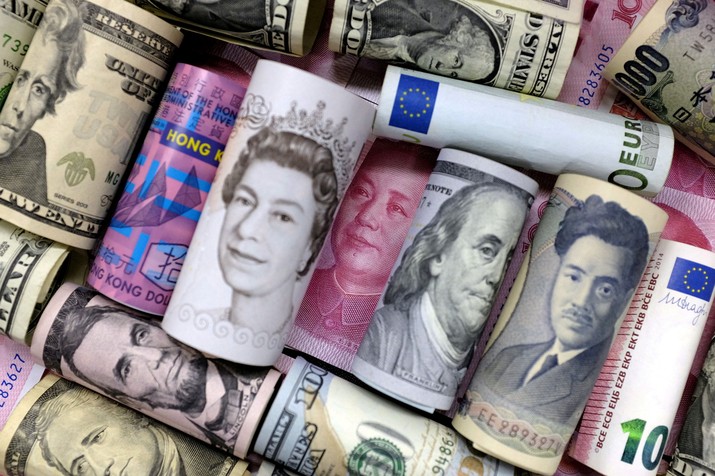
STRATEGIC ASSESSMENT. Indonesia’s annual inflation cooled to its lowest rate in seven months in March, data from the statistics bureau showed as prices rose slower than usual during the beginning of the Muslim fasting month of Ramadan.
March’s annual inflation rate was 4.97%, the lowest since August 2022, and down from 5.47% in the previous month. A Reuters poll had expected a March rate of 5.2%.
The annual core inflation rate also came in below market expectation, at 2.94% versus the poll’s 3.05%. The April rate was 3.09%.
Indonesia’s economic growth will remain strong in 2023 in the range of 4.5-5.3 percent amid global uncertainty, according to Bank Indonesia (BI).
“Indonesia grew (positively) in 2022. Even in the second half of 2022, the growth was higher than in the first half. (This situation) is different from other countries,” Executive Director of BI’s Monetary Economic Policy Department Firman Mochtar stated in a webinar on Asian Development Outlook April 2023. Indonesia’s economy in 2022 grew by 5.31 percent, higher than its achievements in 2021 of 3.70 percent.
According to market research firm Research and Markets, social commerce industry in Indonesia is expected to grow by 31.0% on annual basis to reach US$8225.2 million in 2023. The social commerce industry is expected to grow steadily over the forecast period, recording a CAGR of 17.9% during 2022-2028. The social commerce GMV in the country will increase from US$8225.2 million in 2023 to reach US$22132.5 million by 2028.
Indonesian state oil firm PT Pertamina plans to spend nearly $2 billion in the period up to 2026 to improve safety at its facilities, executives said, as lawmakers grilled officials over their response to a series of fires and explosions.
The plans of the Association of Southeast Asian Nations (ASEAN) to increase its monetary autonomy so as to reduce reliance on certain foreign currencies and payment systems reflect the de-dollarization process going on in several parts of the world, said an economist of Indonesia’s Bank Central Asia (BCA).
In the ASEAN Finance Ministers and Central Bank Governors meeting, which ended on March 31, member countries have agreed to reinforce the use of local currencies in the region and reduce reliance on major international currencies for cross-border trade and investment.
Top-ranking Chinese officials called for infrastructure and supply chain cooperation with Indonesia and Vietnam, two of the strongest economies in Southeast Asia. China’s top diplomat Wang Yi held talks in Beijing with Luhut Binsar Panjaitan, Indonesia’s coordinator for cooperation with China. Wang encouraged Indonesia – the biggest economy and most populous country in Southeast Asia – to further engage with China’s multilateral economic initiatives.
Indonesia is one of the most active members of the Belt and Road Initiative, and Chinese President Xi Jinping unveiled his maritime silk road plan – the strategy’s sea route – in the country in 2013.





